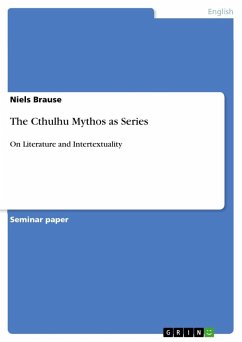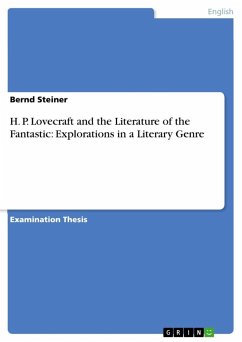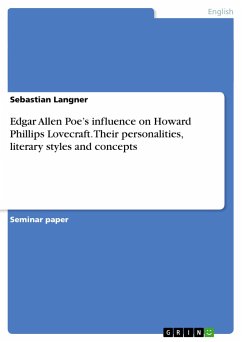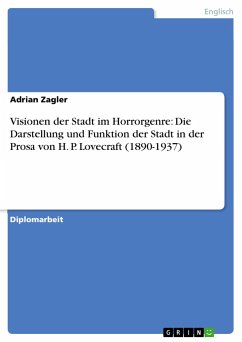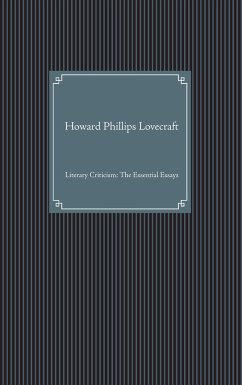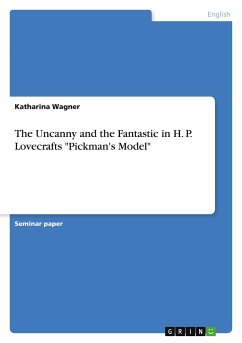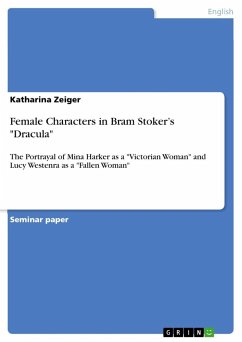Seminar paper from the year 2018 in the subject English Language and Literature Studies - Literature, grade: 1,3, University of Cologne (English Seminar), course: Serialising the Literary Canon, language: English, abstract: This work focuses on the Cthulhu, a word invented by H. P. Lovecraft and a puzzling sequence of letters that has influenced many works of modern pop culture but is still unfamiliar to most. This Cthulhu Mythos and the question of the extent to which it can be considered as a series is going to be the object of this work. Over the course of the argumentation this text is going to give a brief overview of the term "intertextuality" in the context of literary studies and establish some useful terms for the analysis of Mythos Literature. Subsequently, a definition of "series" is going to be decided on, as well as the characteristic features of so-called Mythos literature. The theoretical results of these three Chapters are then going to be used in an analysis of ashort story of contemporary author Neil Gaiman that employs many of Lovecraft's inventions and concepts. Thence will be answered the question whether or not Neil Gaiman's "A Study in Emerald" can be considered to be part of the Cthulhu Mythos.Howard Phillips Lovecraft, born on August 20, 1890, in Providence, Rhode Island wrote more than sixty stories, most of them short, in his forty-seven years lifespan. His work was almost exclusively published in amateur magazines like "The United Amateur", 6 stories between 1915-1923, and the pulp magazine "Weird Tales", 40 stories from 1925 on until 1941 even after his death. It was also in "Weird Tales" that he published probably his most influential short story "The Call of Cthulhu" which centres around the name-giving deity for his overall Mythos.

